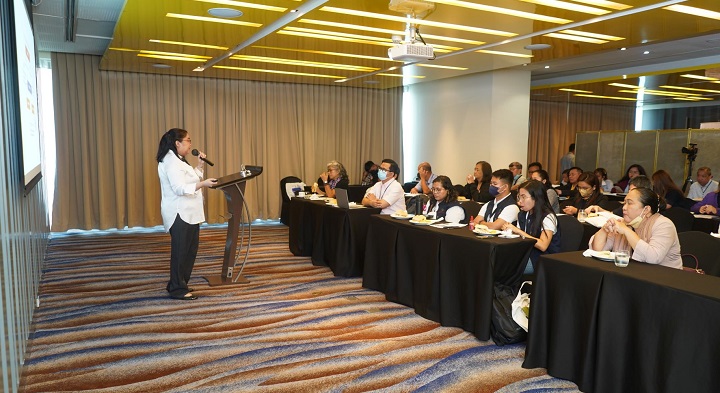
At the recent CSO2 Sustainability Fair hosted by USAID and Save the Children Foundation, pioneering impact investor Maoi Arroyo identified agriculture, mariculture, and the creative industries as prime sectors for funding.
Arroyo is the founder of Ignite Impact Fund, which invests money in businesses whose core product or service offers financial return and generates positive social and/or environmental impact. Sustainable .investing is a growing trend throughout the world with over 68% of investments making the expected financial return and 78% achieving their projected impact according to the 2020 Global Impact Investing Network annual survey.
“There’s a burgeoning opportunity for this type of investing in the Philippines, where 68% of the poor are farmers and fisherfolk. We’re looking to partner with foundations and civil society organizations to fund startups that help alleviate poverty while netting a financial return of 2 to 3 times the capital invested over 5 years.” Arroyo states.
One of Ignite Impact Fund’s banner investments was into Bioprime, which produces an organic biofertilizer that greatly increases crop yields. To date, it has been deployed across 20,000 hectares in the Philippines and brought thousands of small-scale farmers out of poverty.
“We’re also looking into the possibility of coral farming: 70% of the corals can be used to revitalize our reefs while 30% can be sold to the $1.2 billion aquarium market, providing income for coastal communities.” Arroyo expounds. “Responsible investments in agriculture and mariculture are only possible when NGOs and funders work together to create a good business plan. This will unlock other opportunities like Agri-Agra funds from commercial banks. Banks have been unable to comply with the Agri-Agra law because of the lack of viable business plans from farmers and fisherfolk.”
Arroyo also sees a bright future for creative and cultural enterprises, pointing out that products can be sold at a premium in export markets providing investors fund quality improvements and marketing. “We should be charging high prices for bespoke or limited-edition crafts. This would enable our people to be paid like craftsmen instead of laborers.”

